Tirzepatide is a synthetic peptide analog of dual incretin hormones used in experimental models to study metabolic signaling, insulin pathway modulation, and GLP-1/GIP receptor interactions. This compound is of interest in in vitro and in vivo research settings investigating energy balance and glucose-related signaling pathways.
Applications
-
Studies on incretin receptor signaling
-
Analysis of insulinotropic activity in metabolic cell lines
-
Preclinical models focused on glucose and lipid metabolism
Tripeptide-29 is a peptide that is one of the basic monomers of collagen. Collagen is a long-chain polymer composed of short monomers made of three consecutive amino acids. These monomers combine to form a secondary structure, which then may form tertiary and even quaternary structures. These complex structures may have many potential emergent properties. For example, most collagen molecules are thought to play roles in providing structural integrity and elasticity to the cellular complexes in tissues like the stratum corneum, tendons, and bones.
Collagen subunits most often follow the pattern of Gly-Pro-X, Gly-Xo-X, or Gly-X-Hyp. Tripeptide-29 is a GlyPro Hyp peptide, a complete synthetic analog of common collagen building blocks. Beyond its proposed involvement in collagen synthesis, researchers speculate that Tripeptide-29 may have additional biological implications. For instance, some preliminary studies suggest it may act as an antioxidant, potentially aiding in the protection of cells against oxidative stress, which is the imbalance between free radicals and antioxidants that may lead to cellular damage.
It is hypothesized that Tripeptide-29 might exhibit anti-inflammatory properties, possibly reducing inflammation; anti-fibrotic actions, which may help mitigate excessive formation of fibrous connective tissue; and anti-melanogenic characteristics, potentially influencing melanin production and affecting pigmentation processes in the dermal and epidermal layer.
How Tirzepatide Works in the Body
Tirzepatide’s mechanism is based on mimicking how your body naturally controls blood sugar and appetite after meals:
-
Reduces Appetite & Cravings
It targets receptors in the brain that regulate hunger, helping you feel full faster and stay full longer. -
Boosts Insulin Sensitivity
When blood sugar rises, Tirzepatide helps the pancreas release more insulin while reducing glucagon (the hormone that increases blood sugar). -
Slows Digestion
It delays stomach emptying, which smooths post-meal blood sugar spikes and supports portion control.
Together, these effects lead to improved blood sugar control, steady weight loss, and better metabolic health.
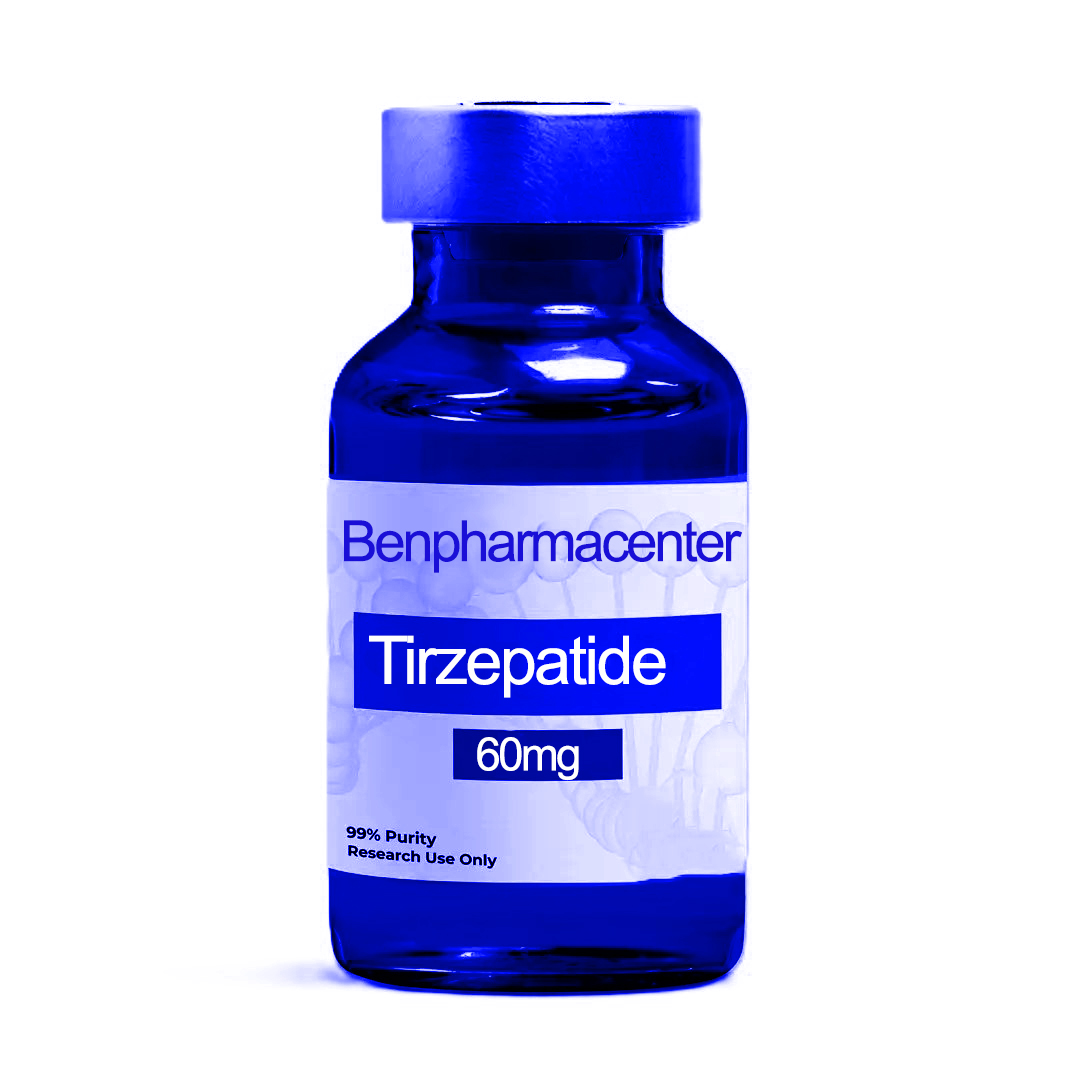
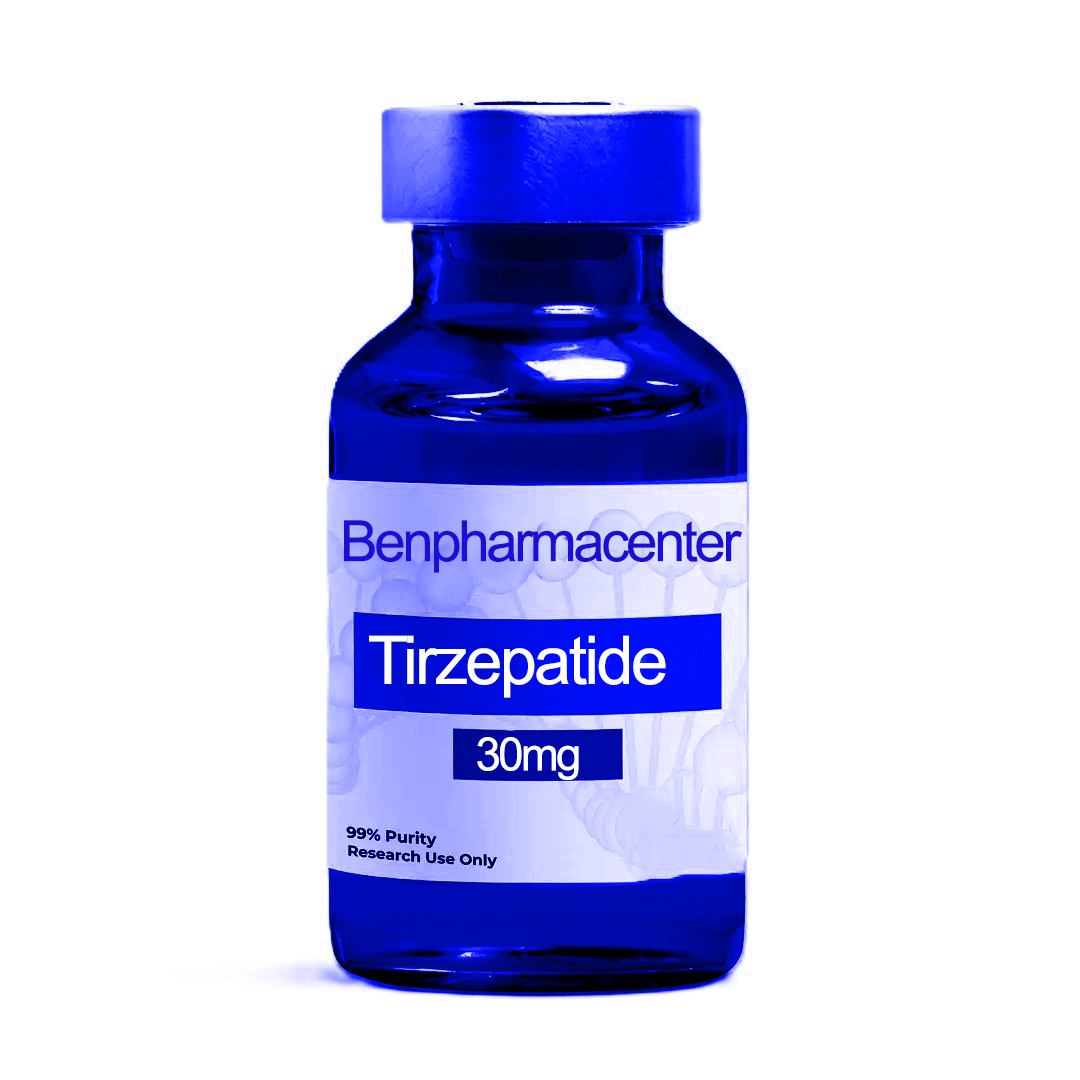
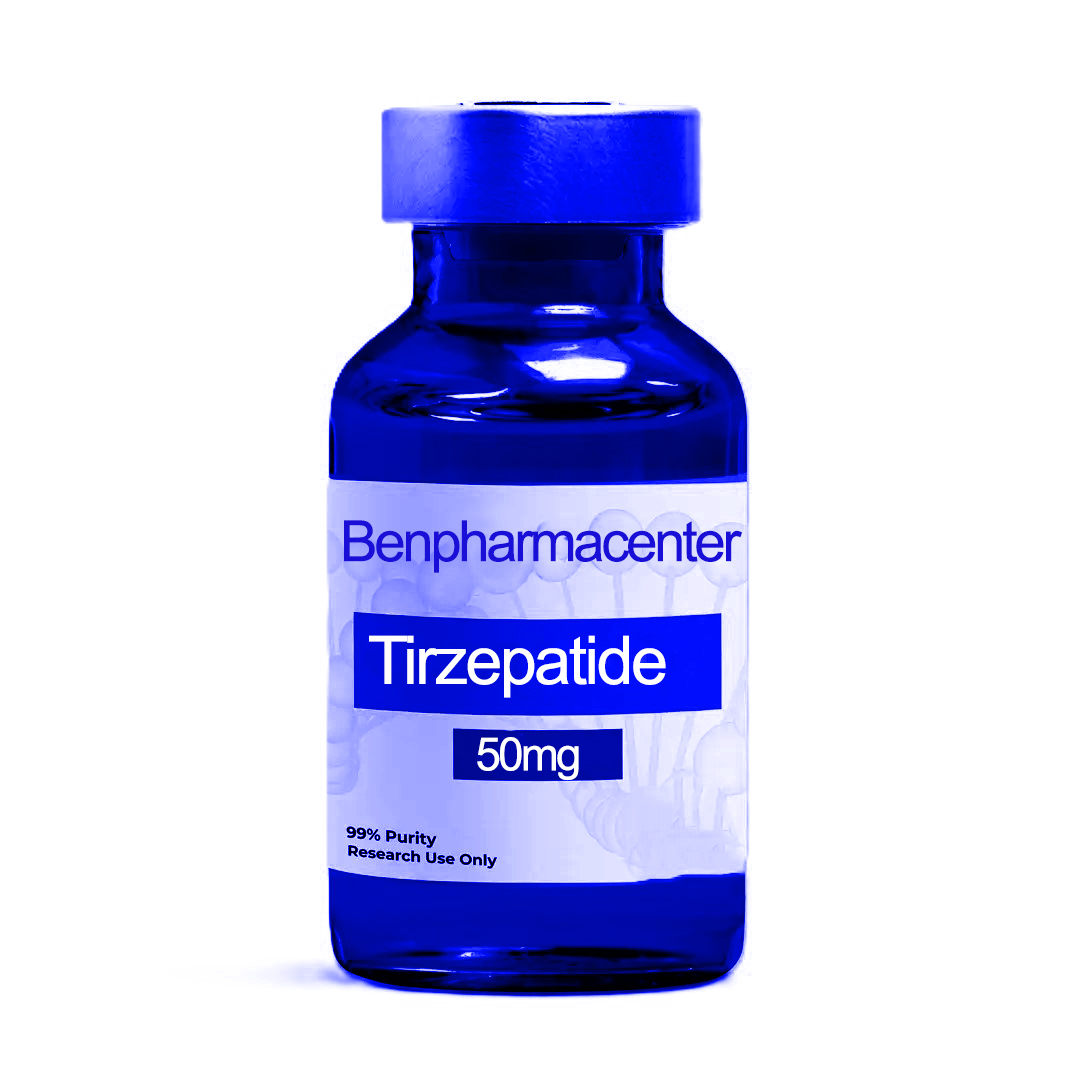
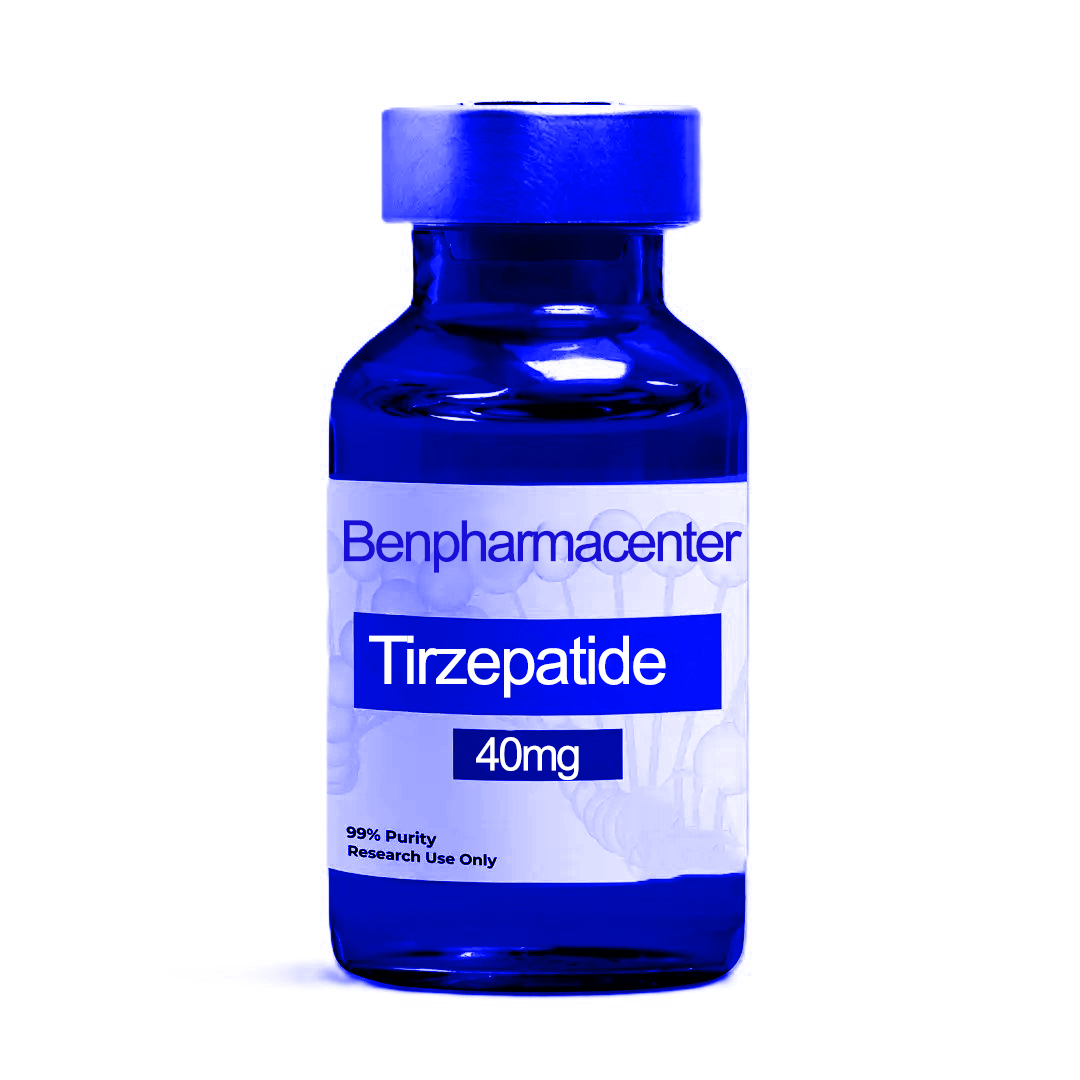
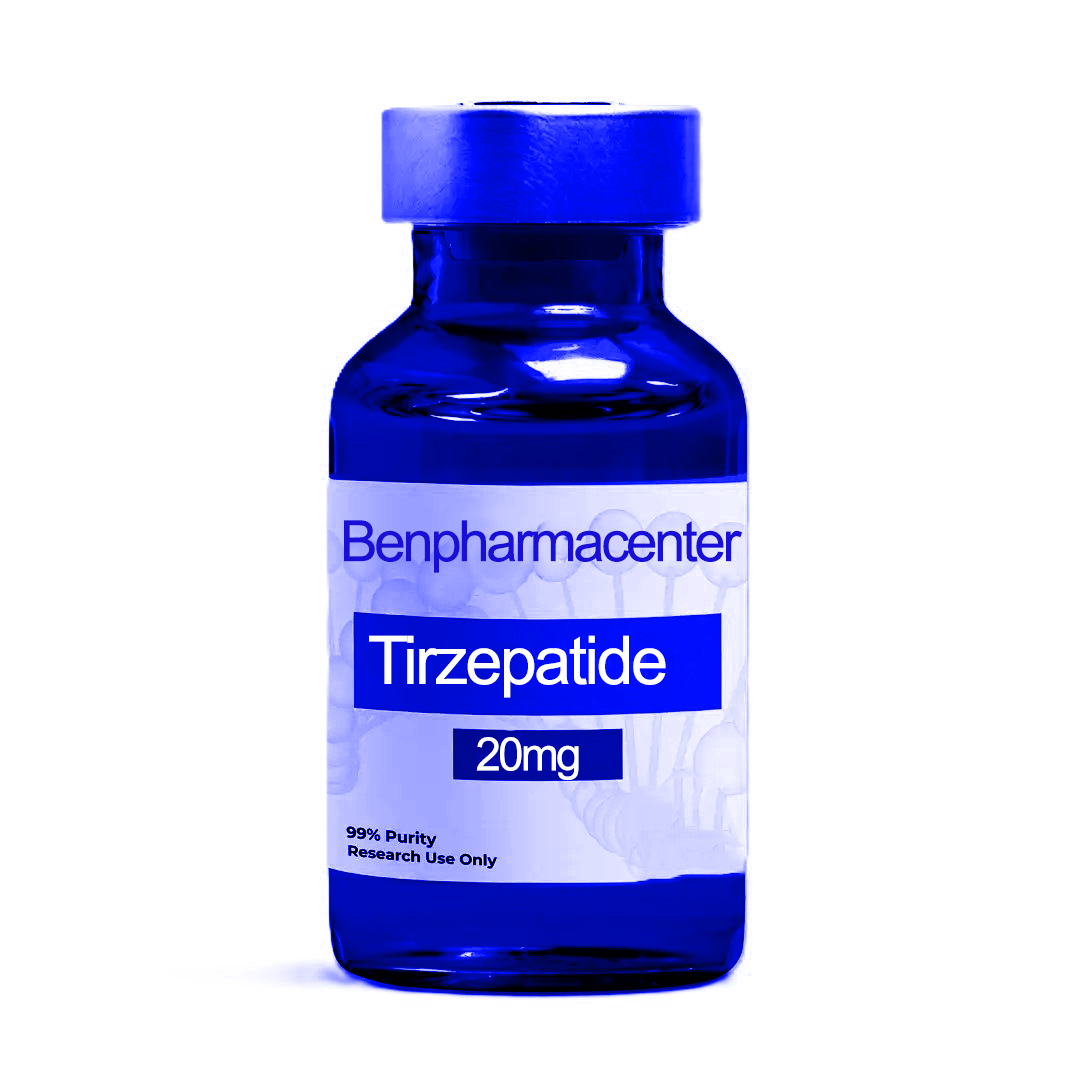
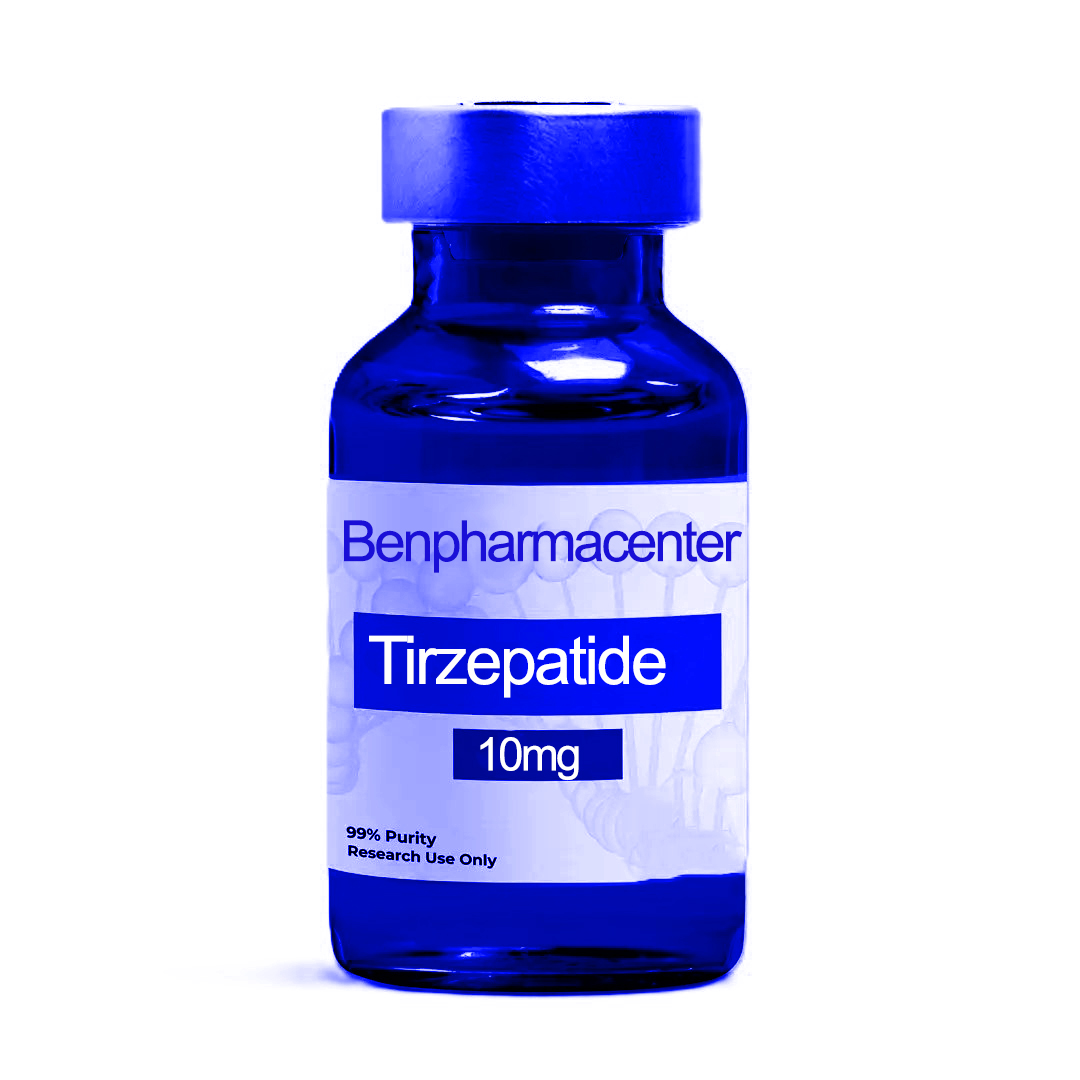
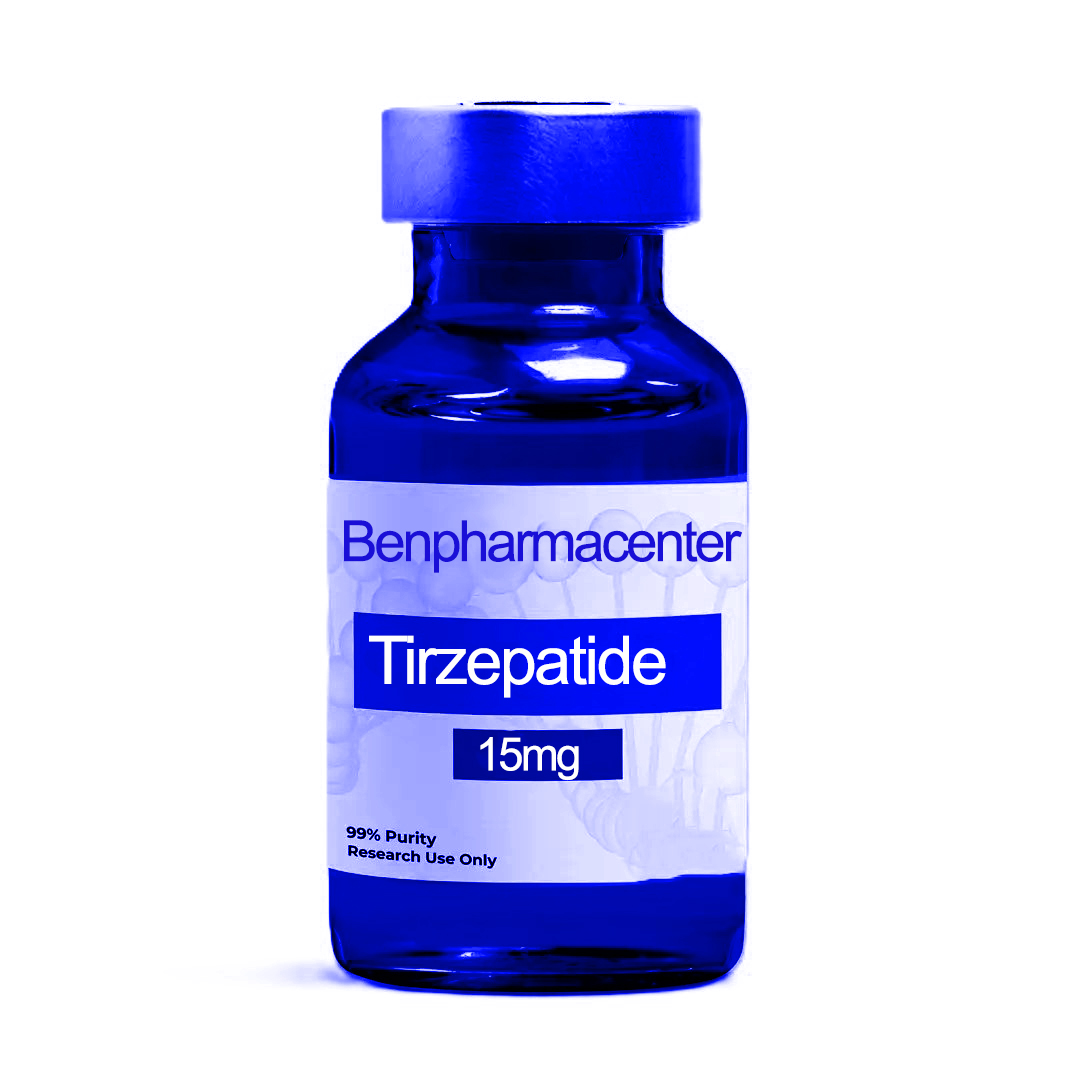
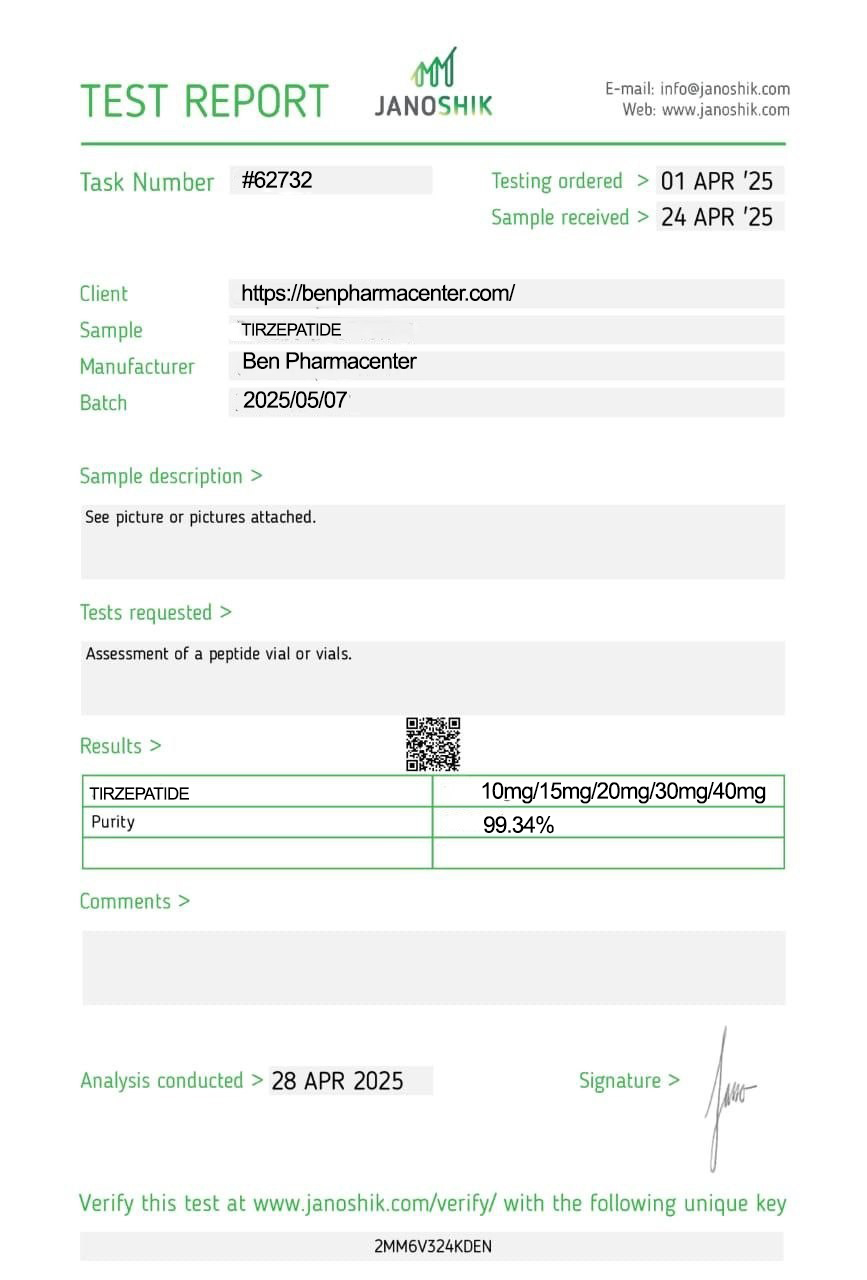
Reviews
There are no reviews yet.